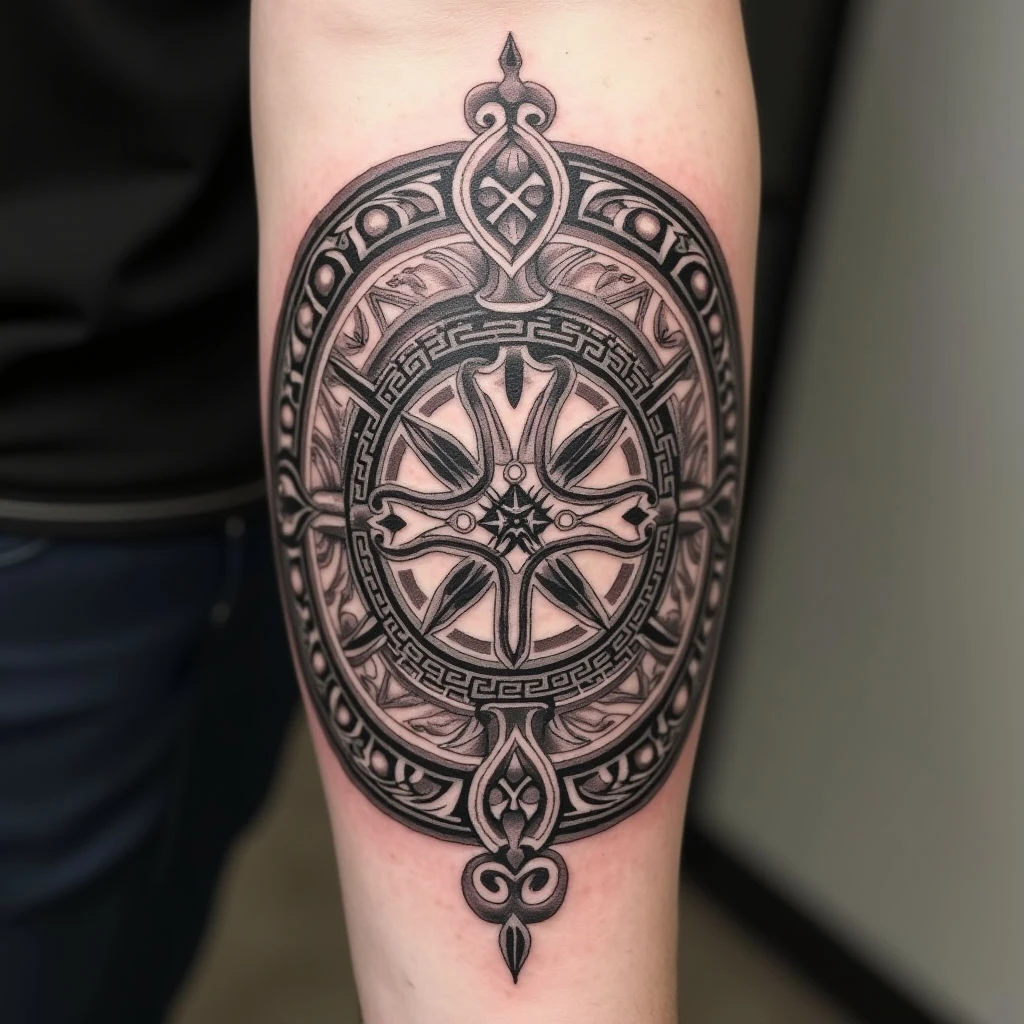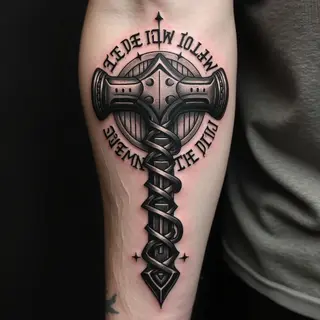Arm Band Tattoos: A Timeless Symbol of Identity and Belonging
Arm band tattoos have resonated across cultures and time periods, often serving as powerful symbols of identity, protection, or belonging. Their origins stretch back centuries, seen on ancient warriors, spiritual leaders, and members of tribal societies.
Early Origins
The earliest examples we see are in Polynesian and Maori cultures where arm bands—or ‘mana’ – denoted status, lineage, and strength.
Polynesian and Maori Cultures
These weren't merely decorative; they were visual declarations of a person’s position within the community.
Celtic Armband Tattoos
Similarly, Celtic armband tattoos have deep roots in Irish and Scottish history, frequently incorporating knotwork designs representing eternity and interconnectedness.
Modern Symbolism
In more recent times, arm band tattoos evolved as symbols of solidarity and rebellion—think of motorcycle clubs or prison groups using them to signify loyalty and belonging.
Today, however, the meaning is far more personal, with individuals choosing armband designs to represent their journey, beliefs, or a significant connection to their heritage.
Designing Your Armband Tattoo
When designing an armband tattoo, consider the symbolism that resonates most with you. Classic motifs like Celtic knots, Polynesian patterns, floral designs, and geometric shapes all offer distinct narratives.
Placement
Placement on the arm—upper arm for strength, lower arm for elegance—can also subtly alter the meaning.
Your Personal Statement
Ultimately, your armband is a personal statement; let its design reflect your individual story.


